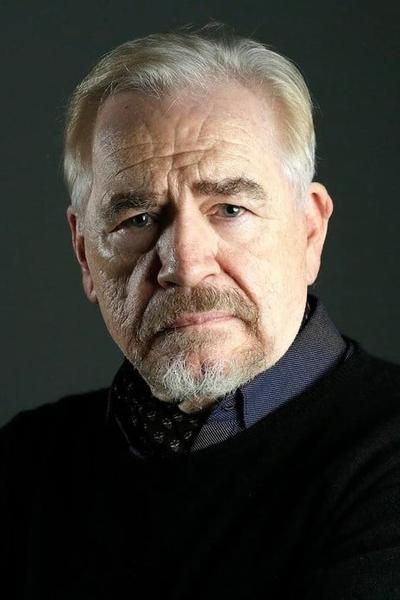Set in the days running up to the invasion of Normandy, Churchill (Cox) does what he can to convince the Allies that Operation Overlord is too much of a risk. Haunted by the botched Gallipoli campaign in the first World War, an operation he oversaw and one that claimed thousands of lives, Churchill runs from pillar (Slattery's Eisenhower) to post (Wadham's Montgomery) pleading with them to rethink what he believes will be a massacre…
The easy decisions High Command make that will result in the deaths of untold numbers of young men is what dominates this rather stiff TV-esque offering. The dialogue is exposition heavy and can at times be nothing more than a brief history lesson (underlining that Gallipoli was 1915, The Boer War ended in 1902, that The Blitz was four years ago, etc). Characters spend a lot of time telling each other things they would know just so the audience is up to speed. While it’s understandable director Teplitzky (who delivered the fine Railway Man some years ago) and writer Alex von Tunzelmann (a historian who takes liberties with fact for dramatic effect) reckon that not everyone will remember their history books, but it’s safe to say if you're not into history you’re not buying a ticket to a movie on Churchill.
Cox is game but he can't infuse this Churchill with the expected commanding presence. He gives it socks when Churchill rants at those around him (his ire can be directed at Monty's pig-headedness and a secretary's oversight with equal gusto) and can allow his eyes to convey heartache in his more contemplative moments. But Cox is hamstrung by how the character is written: this Churchill finds himself outmoded and isolated from the decision-making; "He’s not the man he was," friend Jan Smuts (Richard Durden) is told. At one point he slips and has to be helped by a passing soldier. Later, wife Clementine (an underused Richardson) slaps him in the face. This Churchill is no British Bulldog.
Churchill’s famed intelligence remains intact but this rankles with Churchill’s occasional tendency to be transparent, allowing those in the room in on what he's thinking. Where he’s frustratingly vague is in his motive to join the landing party and share their sacrifice, convincing King George (James Purefoy) to observe the operation from a nearby ship: but if this is a ploy to force Eisenhower back down or a pointed message about how leaders should be in the thick of it remains unclear.
It has some nice moments – the king, played with sadness and softness by Purefoy in the few scenes he has, convincing Churchill why he must stay on home soil – but all too often Teplitzky forces the issue: the emotional music is overused and the slow motion (Churchill emerging from cars, putting on his coat) is clunky.




















































































